The views expressed in our content reflect individual perspectives and do not represent the authoritative views of the Baha'i Faith.
Remember getting incredibly angry when you were a kid? I do.
I vividly recall that feeling inside, the mad but impotent rage children can experience that makes them strike out at others. I remember hitting, throwing things, lashing out with wrath and the blind intent to hurt someone else. And I remember feeling horrible after I’d done it, too.
In fact, I should take this opportunity to apologize to my two little brothers, who suffered the brunt of my violent temper as kids. I’m sorry, guys.
But you know how it is. Everyone has the same impulse. You get hurt and angry and you want to take it out on others, whether mentally or verbally or physically. That’s normal, right? When we’re injured by someone else, a part of us wants to lash out and return that hurt. We even teach our kids to strike back if someone hits them, don’t we?
This eye for an eye mentality isn’t only true for children – adults can feel the exact same way. But as too many children know, an adult can really hurt you – especially when you’re little.
It took me a long time to figure out where all the anger inside me came from. I remember feeling it almost as soon as I knew how to think – that boiling sense of wanting to avenge some injustice, of having a hot volcanic pool of undefined indignation and retribution just waiting to erupt. How does an innocent child develop this kind of anger?
Of course, no big surprise, it often comes from the parents. My mom had been raised by an alcoholic and abusive mother, who taught her to discipline harshly and punish physically. My dad, a tough, battle-hardened Marine, had an even more extreme spare-the-rod and spoil-the-child philosophy. I was his oldest child, and he was determined to make me obey no matter what. He wasn’t a good communicator, didn’t have much education and had suffered, I learned much later, enormous cruelty and violence himself as the oldest son of his angry father, and during bloody, brutal combat in the South Pacific in World War II. Those twin traumas gave my dad a terrible burden to carry, a deep well of anger and pain and violence that just naturally got transmitted across the generations to his children.
Needless to say, I got hit, hard and often, with hands, fists, belts, sticks, rulers and whatever else was nearby at the time.
This causes pain and suffering, sure, but it also bequeathed me a legacy of anger. I had a hard time dealing with that anger. If affected my relationships with others, my view of myself, even my feelings for my own family. I loved my parents, even though a part of me hated them for hurting me.
But luckily, I rebelled in my teenage years, eventually making the decision that I would never physically hurt another person. I wanted the pain of the abuse to stop with me. So I studied the philosophy of non-violence that Mahatma Gandhi and Dr. Martin Luther King Jr. taught, and got to know hundreds of peaceful, nonviolent people associated with those noble causes. I learned from those wonderful souls that I didn’t have to carry around all that anger – that instead I could gradually replace it with love. They influenced me enormously, and ultimately led me to the Baha’i Faith, which teaches a profound theology of peace, non-violence and unity. And that brought me full circle, to a place where I could raise my own children in a peaceful rather than a physically punishing environment. I tried to stop my family’s legacy of violence, anger and abuse once and for all, and I hope I have.
As a result of all this experience with a violent upbringing, I’m absolutely convinced today that the way we raise our children is the chief cause of either peace or war among human beings. If we could somehow decree tomorrow that no children would ever again be subjected to the terror, the pain and the gross injustice of corporal punishment, physical abuse and violence from the adults in their lives, I believe we would have a peaceful world in one generation.
The Baha’i writings say that this very cause-and-effect process means no adult should ever strike a child:
Let the mothers consider that whatever concerneth the education of children is of the first importance. Let them put forth every effort in this regard, for when the bough is green and tender it will grow in whatever way ye train it. Therefore is it incumbent upon the mothers to rear their little ones even as a gardener tendeth his young plants. Let them strive by day and by night to establish within their children faith and certitude, the fear of God, the love of the Beloved of the worlds, and all good qualities and traits. Whensoever a mother seeth that her child hath done well, let her praise and applaud him and cheer his heart; and if the slightest undesirable trait should manifest itself, let her counsel the child and punish him, and use means based on reason, even a slight verbal chastisement should this be necessary. It is not, however, permissible to strike a child, or vilify him, for the child’s character will be totally perverted if he be subjected to blows or verbal abuse. – Abdu’l-Baha, Lights of Guidance, pp. 152-153.
Thirty-two progressive nations – starting with Sweden in 1979 – have now legally banned the corporal punishment of children. Twenty-one more countries have committed to outlawing the practice. The United Nations Convention on the Rights of the Child, a binding international treaty which has been adopted by 193 of the world’s countries – including the entire UN membership except the United States, Somalia and South Sudan – calls for “all state parties to move quickly to prohibit and eliminate all corporal punishment and all other cruel or degrading forms of punishment of children.”
When we eliminate violence against children, we will eliminate violence.


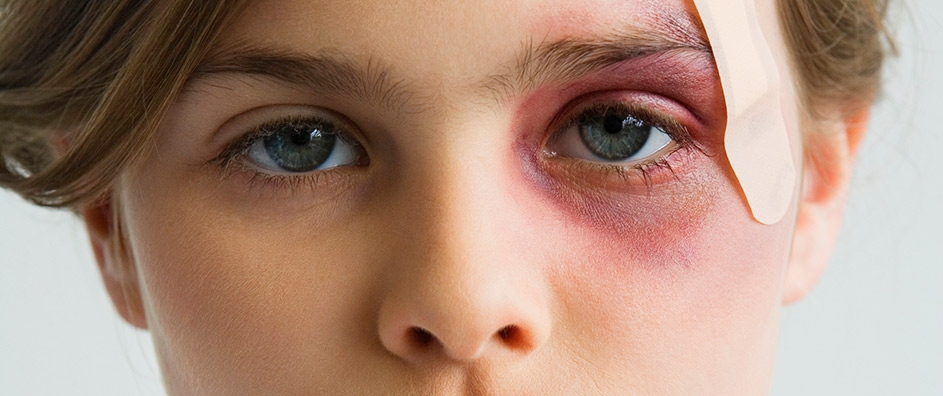
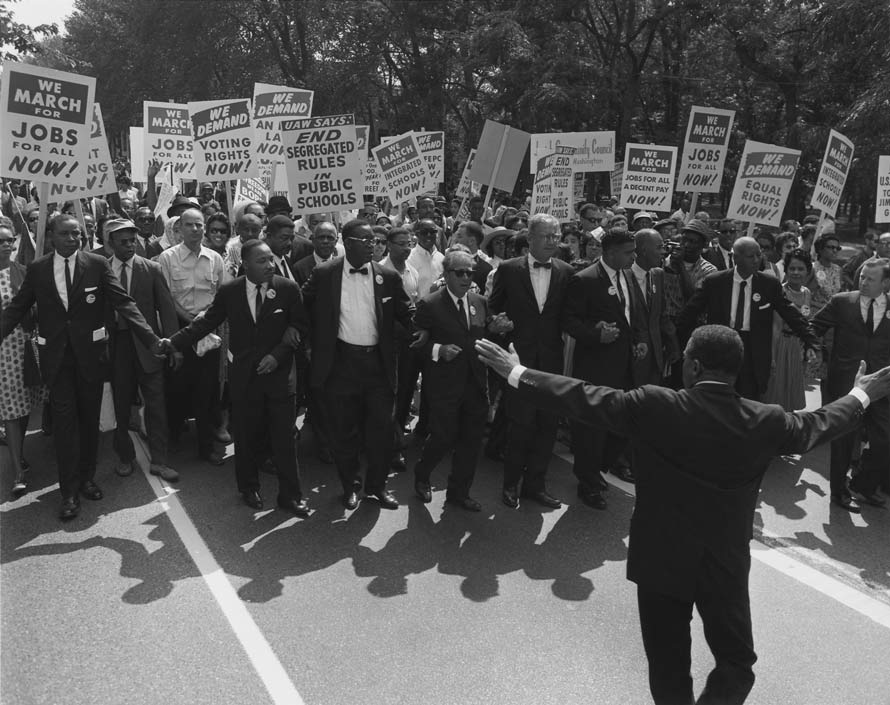

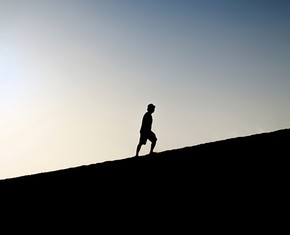
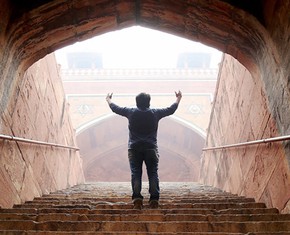
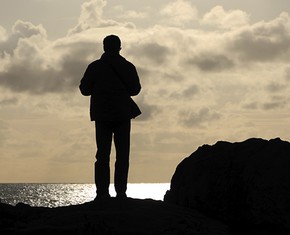









Comments
Sign in or create an account
Continue with Googleor